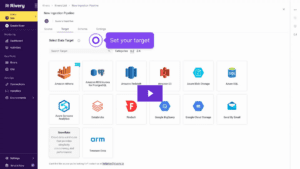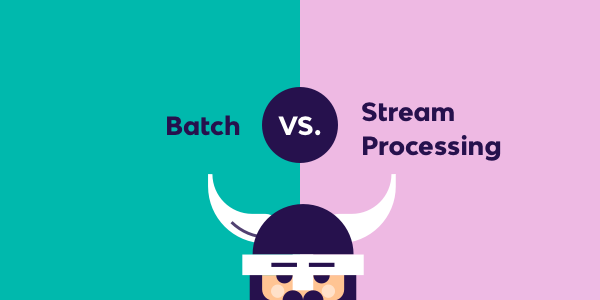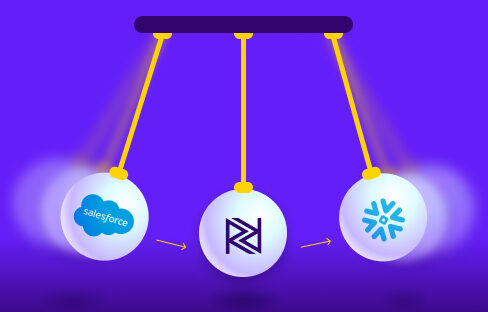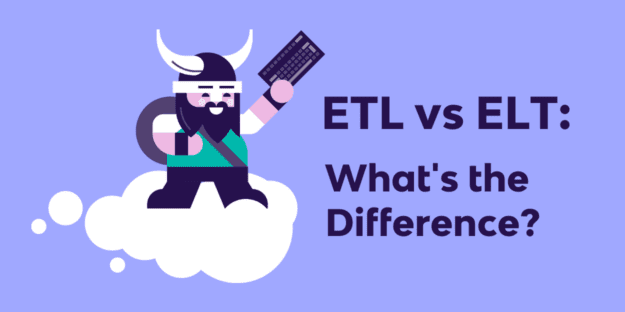For too long, teams of all backgrounds have struggled to unlock potential goldmines of data because of IT bottlenecks. Marketing, sales, and customer success teams are often locked out of crucial insights because they lack the back-end expertise to manipulate data systems.
Data democratization imagines a different world, one where a company’s data is free to any employee. With data democratization, employees can access the company’s data without encountering any technical barriers. This enables non-technical users to get the data they need, right when they need it.
By eliminating data bottlenecks, data democratization opens a whole new world of possibilities.
Here are 7 reasons data democratization makes businesses more competitive:
1. More Opportunities Won
With data democratization, teams no longer have to wait for a system admin to act on data requests. Without these IT roadblocks, teams can always access the right data at the right time.
This enables teams across the company to seize opportunities as soon as they appear. By acting quickly and confidently, teams can win opportunities over competitors in a fast-moving marketplace.
2. Better Decisions Made at All Levels
The fundamental idea behind data democratization is that all employees can easily access company data, from the CEO, all the way to the new hire. Teams can make better decisions at every level, anywhere from overall business strategy, to basic day-to-day operations.
The executive team can act on yearly revenue numbers, while a marketing manager can make granular decisions about a specific campaign using social media data. That’s the core of data democratization: encouraging data-driven decision making at every level.
3. Faster Scaling
Data democratization offers a leaner, more agile data infrastructure that empowers companies to scale up faster. Instead of growing with cumbersome, breakable back-end systems, data democratization ensures each department can expand on its own timeline.
Individual teams can easily adjust user counts, data types, reports, and other key components without requiring IT intervention.
4. Zero Siloization
Data silos are collections of data that are not accessible to all parts of a company. Silos wall off teams from crucial data, leading to project road bumps and in-the-dark decision making.
Data democratization eliminates siloization by creating a single, centralized data source that all employees can access. This improves operations across teams, and in the aggregate, makes the company more efficient.
5. Teams Armed with Best Data
In the era of Big Data, companies and their competitors acquire massive volumes of data. But what good is that data if it’s stuck under an avalanche? Sifting through the avalanche to access the best insights often requires back-end detective work.
But data democratization unlocks the complete depth of a company’s data for non-technical users. And in a data-driven economy, companies with the deepest, most incisive data maintain an advantage over the rest of the market.
6. Data Quality Ensured
IT bottlenecks don’t just slow down data projects. They also contribute to lower data quality in the form of inaccuracies. When IT intervention is required, data is sometimes out of date or otherwise inaccurate when it reaches the team.
Data democratization puts data into the hands of employees immediately, without any intermediary steps, ensuring that delays do not degrade data quality.
7. Data-First Business Model
Data democratization enables companies to become not just data-driven, but data-first. With no barriers to access, data democratization creates a strong incentive for companies to root all decisioning and actioning in data. Companies can ground everything they do, projects both big and small, in data.
Data Integration Platform: The Key to Data Democratization
Data democratization makes businesses more competitive in a number of ways. In our recent webinar, our client Good Apple talked about the fundamental role data democratization played in enabling explosive growth.
But in order to enact this kind of data infrastructure, companies need a technology partner that can facilitate easy data access for non-technical users. In today’s market, data integration platforms are enabling businesses to work toward this model.
In practice, the transition toward data democratization will look different for each business. Businesses will select data integration platforms based on their individual needs, whether those take the form of pre-built data connectors, change data capture, or other key features.
But while the means may differ, every business that unlocks data democratization will enjoy competitive advantages.
Minimize the firefighting. Maximize ROI on pipelines.





